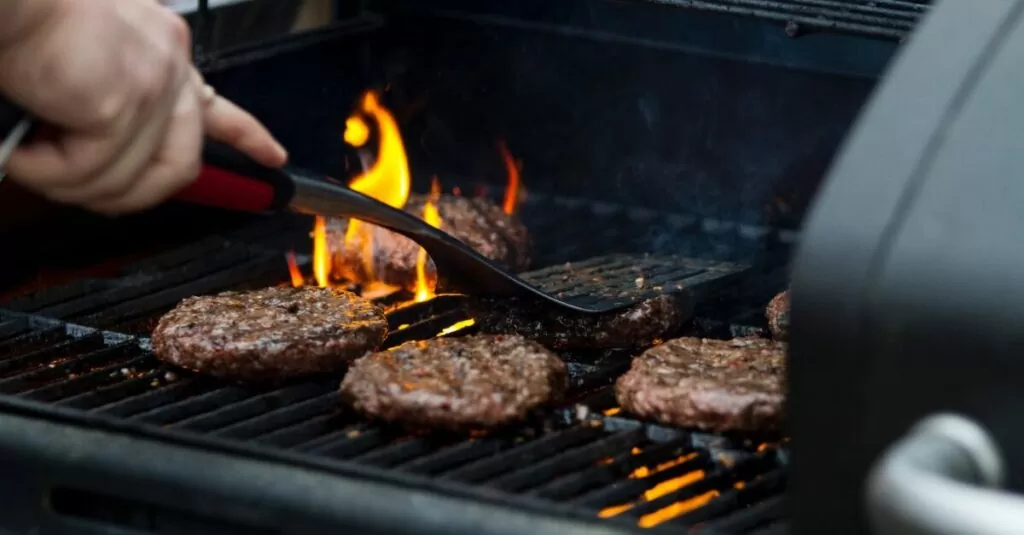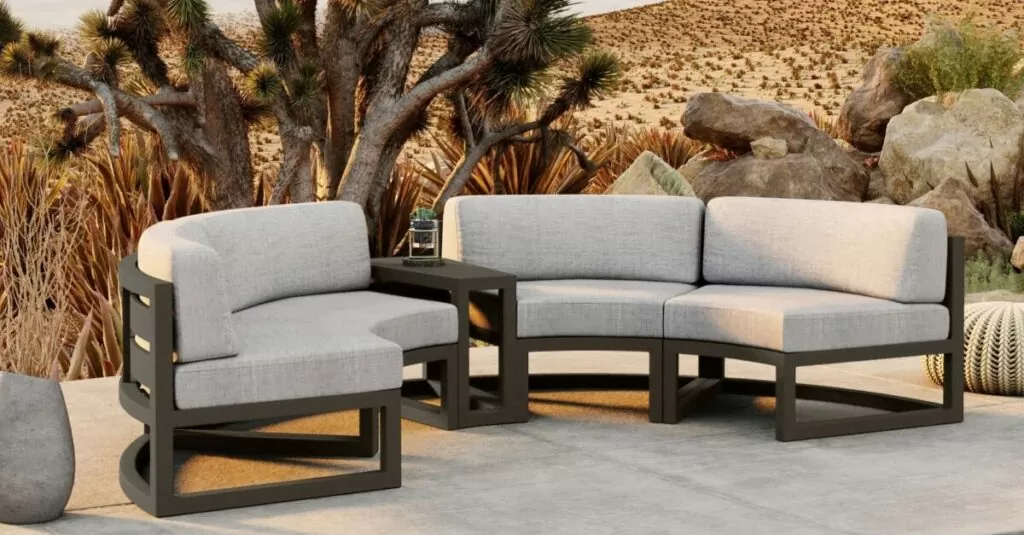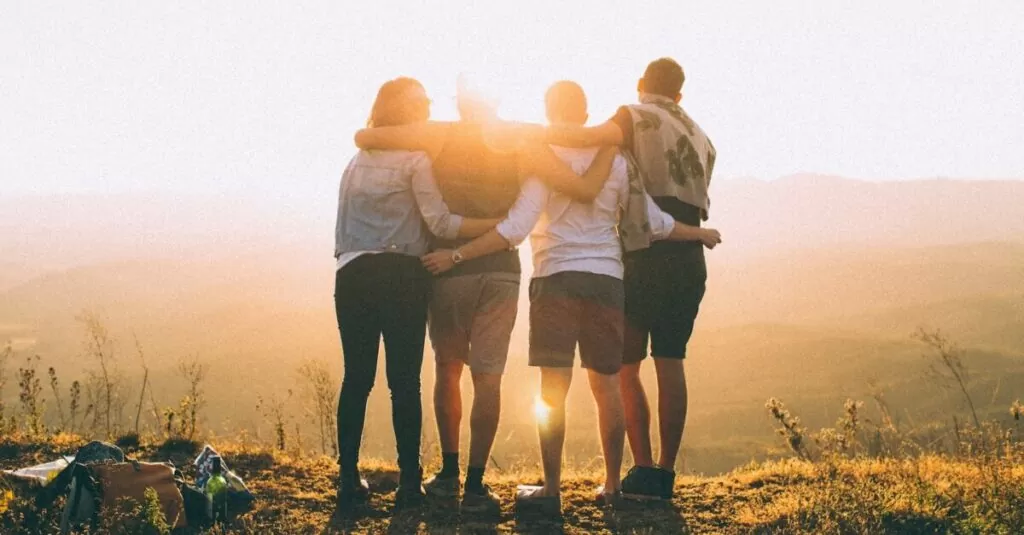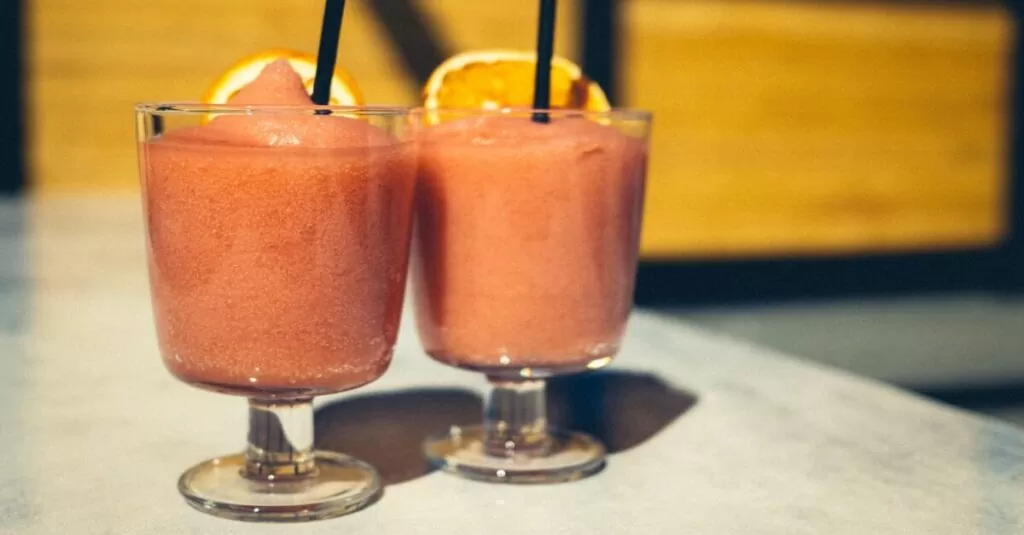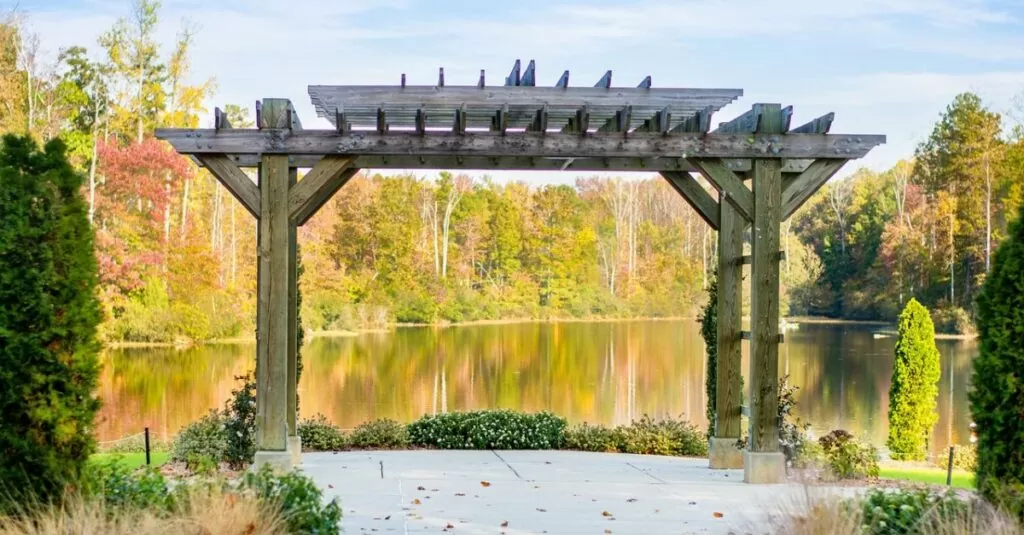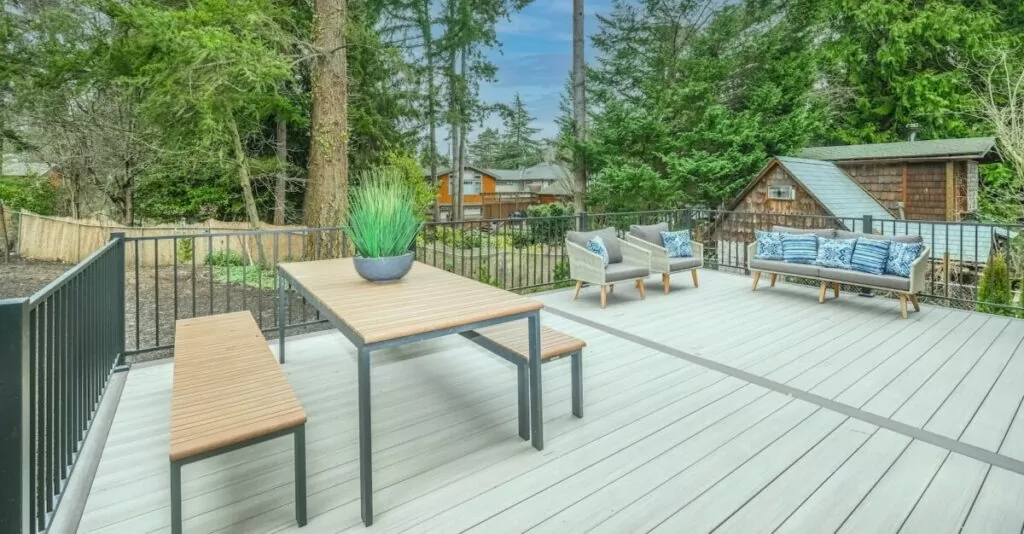Are you ready to kick-off grilling season? Stay safe on the patio this Memorial Day weekend with these useful tips and information. Whether you’re grilling, smoking, or barbecuing, safety should always be a top concern. The last thing anybody wants when hosting an event is friends and family getting hurt or sick, especially when it can be prevented. Here is lots of good advice we have hunted down from official sources around the web.
Stage 1: Preparation
Buying Raw Meat
- Grab raw meat and poultry last when shopping, just before checkout. This will reduce the amount of time it is left unrefrigerated.
- Be sure to inspect pre-packaged meats carefully. Don’t buy packages that are torn and leaking, or have a broken seal.
- Place meats and poultry in plastic bags and separate them from other food items in your shopping cart to prevent cross contamination of harmful bacteria from raw meats.
- Ask the cashier to separate raw meats from other items.
- Plan to drive home directly after shopping in order to store meats in the refrigerator ASAP.
- If you’re going to be commuting, use a cooler with ice when transporting meats.
- Place meats in their own separate cooler.
Transporting Raw Meat
Storing Raw Meat
- Keep raw meats fresh by placing them in the refrigerator as soon as possible after purchase.
- Keep the refrigerator at 40 °F or below.
- Use ground meats and poultry within one or two days.
- Use beef, veal, pork, and lamb within five days.
- Never leave perishables at room temperature for more than two hours. Or longer than one hour for 90 °F and higher.
- Check out this info chart on storage times for the refrigerator and freezer.
- If using a cooler, keep it in the shade and only open it when necessary.
- Thaw meat completely before grilling to ensure an even cook.
- The refrigerator is the safest place to thaw, but also takes the longest. Plan accordingly.
- For quicker thawing, place meats in a sealed plastic bag and then place it in cold water.
- Use a microwave to defrost if the food will be placed immediately on the grill.
- Marinate in the refrigerator, not the kitchen counter.
- Poultry, cubed meat, or stew meat can be marinated for up to two days.
- Beef, veal, pork and lamb can be marinated for up to five days.
- NEVER use marinade that has come into contact with raw meat as a sauce on cooked food.
- Boil marinade before reusing it to destroy harmful bacteria.
- Cook meats thoroughly.
- Use a separate cutting board for raw and cooked meats.
- Don’t rely on the color of the meat to determine doneness. Color is never a good indicator.
- Use a food thermometer to check for the proper internal temperature.
- Safe minimum internal temperatures:
- Whole poultry: 165 °F
- Poultry Breasts: 165 °F
- Ground Poultry: 165 °F
- Ground meats: 160 °F
- Beef, pork, lamb, and veal (steaks, roasts, chops): 145 °F and allow to rest at least 3 minutes.
- Check out this useful chart on minimum cooking times for types of meats.
- NEVER partially grill meat or poultry to finish cooking later.
- Keep hot food at 140 °F or warmer until it is served. Place grilled meats on the side of the grill rack to stay warm without overcooking. A hot oven set to 200 ℉ can be used inside the home. Chafing dishes, slow cookers, and warming trays are also a good idea.
- Use separate plates and utensils for raw and cooked meats. Safely cooked food can become contaminated from harmful bacteria in raw meats and their juices.
- Have plenty of clean utensils and platters for guests to use.
- Make sure there is a source of clean water. If not, bring water for cleaning and towels for cleaning surfaces.
- Bring hand sanitizer and disinfecting wipes.
- Maintain temperature in the smoker between 250 °F and 300 °F for safety.
- Check food with a thermometer to verify the proper internal temperature.
- Inspect your grill first to ensure it is in good working order and ready to use.
- Have a designated person in charge of watching the grill at all times.
- Keep a fire extinguisher nearby in case of an emergency.
- Be sure to follow the manufacturer’s instructions on how to use and maintain the grill.
- Remove fat and grease buildup from the grills and trays below the grill.
- Only use charcoal and propane barbecue grills outdoors.
- Use a propane tank cover to keep the tank and connections safe and protected.
- NEVER use a grill in an enclosed area.
- Place the grill on a flat level surface.
- Don’t move the grill once it is lit.
- Place the grill well away from the home, deck railings, out from under eaves and overhanging branches
- Use only charcoal starter fluid for getting the fire going.
- NEVER add flammable liquids directly to the fire.
- Place charcoal fluid in a safe place, away from sources of heat and children.
- Keep children and pets away from the grill area.
- Never leave a lit grill unattended.
- Use a heavy apron and thick oven mitts that reach high on the forearm.
- Use separate utensils for handling raw and cooked meats.
- Use long-handled utensils to avoid placing hands and arms directly over heat.
- Let the coals completely cool before placing in a metal container for disposal.
- Soak coals with water before throwing them away.
- Clean the grill after using it to remove grease and food particles that can catch fire.
- Store propane tanks outside, away from the house.
- Check propane tanks to make sure valves are firmly turned off.
- Refrigerate cooked meat and poultry within two hours after cooking.
- Cooked meat can be safely refrigerated for three to four days.
- Cooked meat can be frozen for up to four months.
- Address injuries immediately.
- Run cool water over minor burns, but do not cover injured areas with bandages, butter, or salve.
- If needed or when in doubt, call 911.
- Have a fire extinguisher nearby and know how to use it.
- Keep an emergency first aid kit nearby.
Stage 2: Execution
Thawing Safety
Marinating Safety
Cooking Safety
Keeping Clean
Smoking Safety
Grilling Safety
https://youtu.be/ZYoj8TBZAQ8
https://youtu.be/JQ3uSrju4Y8
Stage 3: Cleanup and Storage
Grill Storage
Saving Leftovers
In Case of an Emergency
So whether you’re grilling at home or at the park this weekend, be sure to follow these important tips. Most grilling accidents are preventable and a few simple considerations can prevent serious injury. The only thing that should be on fire on Memorial Day are the extra-spicy hot wings.
Also, be sure to keep your guests comfortable outdoors during the day with a patio umbrella and at night with a patio heater or outdoor fire pit.
About The Author
Cheryl Khan is a contributing author to the Patio Productions Blog. She is passionate about the design industry and writing.
Sources:
National Fire Protection Association
Insurance Information Institute
www.homefoodsafety.org

Cheryl is an award-winning landscape design consultant in San Diego, CA. She has over a decade of experience in the design world, working on both interior and exterior projects. She received her certification in design in 2010 and has contributed to the design of 7 separate furniture collections. Cheryl began lending her expertise to Patio Productions’ blog in 2012. When she’s not living in the furniture and design world, she’s busy playing with her dogs at home, or curling up with a cup of black coffee and a beautiful book on modern design. Her favorite patio furniture are her Acapulco Chairs in lightning blue.

